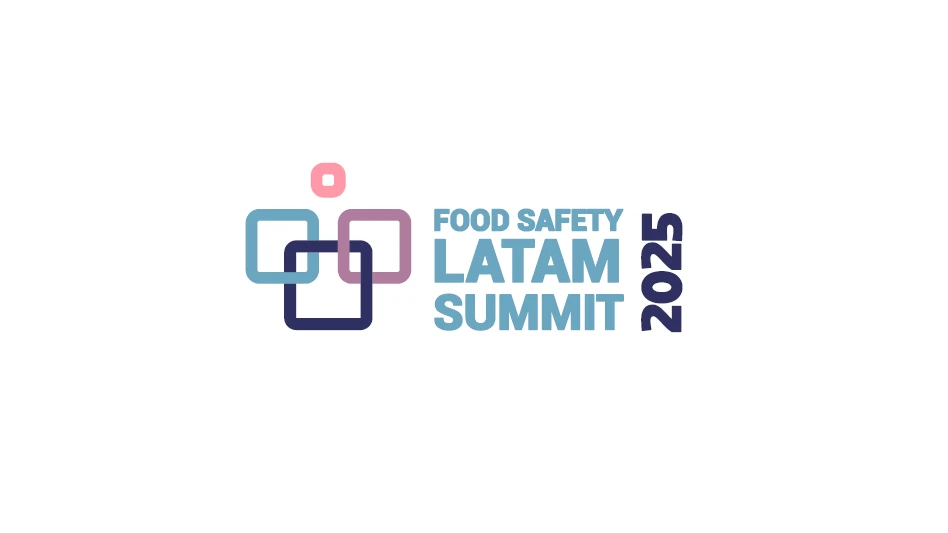Umami confirmed as fundamental taste quality
PHILADELPHIA—Using sensory, genetic and in vitro approaches, researchers from the Monell Center confirm that the T1R1-T1R3 taste receptor plays a role in human umami (amino acid) taste.
Umami is the taste quality associated with several amino acids, especially the amino acid L-glutamate. High levels of glutamate are present in many protein-rich foods, including meats and cheeses, vegetables (such as mushrooms, peas and tomatoes) and human breast milk.
The report notes that variations in the genes that code for the taste receptor correspond to individual variation in sensitivity to and perceived intensity of umami taste. “These findings bolster our understanding of human taste variation and individual differences in tastes for essential nutrients,” said senior author Paul Breslin, a sensory geneticist at Monell.
Amino acids are the building blocks of protein, an essential macronutrient. Commenting on clinical implications of the work, Breslin said, “Protein-energy malnutrition is one of the leading causes of death in children worldwide. Increased understanding of amino acid taste receptors may help nutritionists target the appetites of protein-malnourished children to pro-vide good-tasting dietary supplements that kids will readily accept.”
The findings, published online in the American Journal of Clinical Nutrition, strengthen the claim that umami is a fundamental human taste quality, similar to sweet, salty, bitter and sour, that indicates the presence of amino acids, peptides and related structures. More information is available at www.monell.org/news.
*****
Erin Crowley Named Study Director of Year
Q Laboratories has been recognized with two awards from AOAC International, including Collaborative Study of the Year for Microbiology R&D Laboratory, and Study Director of the Year for Laboratory Supervisor Erin Crowley. Crowley’s award recognizes consistently outstanding performance over a period of years by a study director. The general role of a study director includes designing and conducting collaborative studies, working with General Referees and Committee Statisticians, enlisting and assisting collaborators, and writing collaborative studies for the AOAC Official Methods Program. Awardees will be honored at the AOAC Annual Meeting, September 14, in Philadelphia.
*****
Food Safety Working Group Announces
Key Findings
WASHINGTON – In early July Vice President Joe Biden, Health and Human Services (HHS) Secretary Kathleen Sebelius and Secretary of Agriculture Tom Vilsack announced the key findings of the Food Safety Working Group (FSWG), created by President Obama in March.
Implemented to advise the administration on how to upgrade the food safety system, FSWG recommended a new, public health-focused approach based on three core principles: prioritizing prevention, strengthening surveillance and enforcement, and improving response and recovery.
“There are few responsibilities more basic or more important for the government than making sure the food our families eat is safe,“ Biden said. “Our food safety system must be updated – one in four people get sick every year due to food-borne illness, and children and the elderly are more at risk.”
Steps designed to advance the core FSWG principles include:
HHS and USDA are targeting salmonella contamination by developing tougher standards for eggs, poultry and turkey.
To fight the threat of E. coli, USDA is stepping up enforcement in beef facilities and the FDA is developing new industry guidance improving protections for leafy greens, melons and tomatoes.
A new national traceback and response system will include clearer industry guidance, a unified incident command system, and improved use of technology to deliver food safety alerts to consumers.
A plan has been set to strengthen the organization of federal food safety functions, including the creation of new positions and a continuing FSWG oversight role.
More information on FSWG is available at www.foodsafetyworkinggroup.gov.
*****
Response Guidelines Published for Foodborne Disease Outbreaks
ATLANTA – The Council to Improve Foodborne Outbreak Response (CIFOR) has released its Guidelines for Foodborne Disease Outbreak Response. The guidelines provide model practices used in foodborne disease outbreak response, including planning, detection, investigation, control and prevention. Because local and state agencies vary in their approach to, experience with and capacity to respond to foodborne disease outbreaks, the guide-lines are intended to give all agencies a common foundation from which to work and to provide examples of the key activities that should occur during the response to outbreaks of foodborne disease.
The document is not intended to replace current procedure manuals, but to be a refer-ence for comparison with existing procedures; fill in gaps and update site-specific procedures; provide models for new procedures where they do not exist; and provide train-ing to program staff.

Explore the August 2009 Issue
Check out more from this issue and find your next story to read.
Latest from Quality Assurance & Food Safety
- FDA Foods Coalition Urges RFK Not to Cut More Resources, Staff
- Bird Flu: What FSQA Professionals Need to Know
- Registration Open for 129th AFDO Annual Educational Conference
- Frank Yiannas, Aquatiq Partner to Expand Global Reach of Food Safety Culture
- World Food Safety Day 2025 Theme: Science in Action
- Ancera Launches Poultry Analytics System
- USDA Terminates Two Longstanding Food Safety Advisory Committees
- Catalyst Food Leaders Announces Virtual Leadership Summit for People in Food





